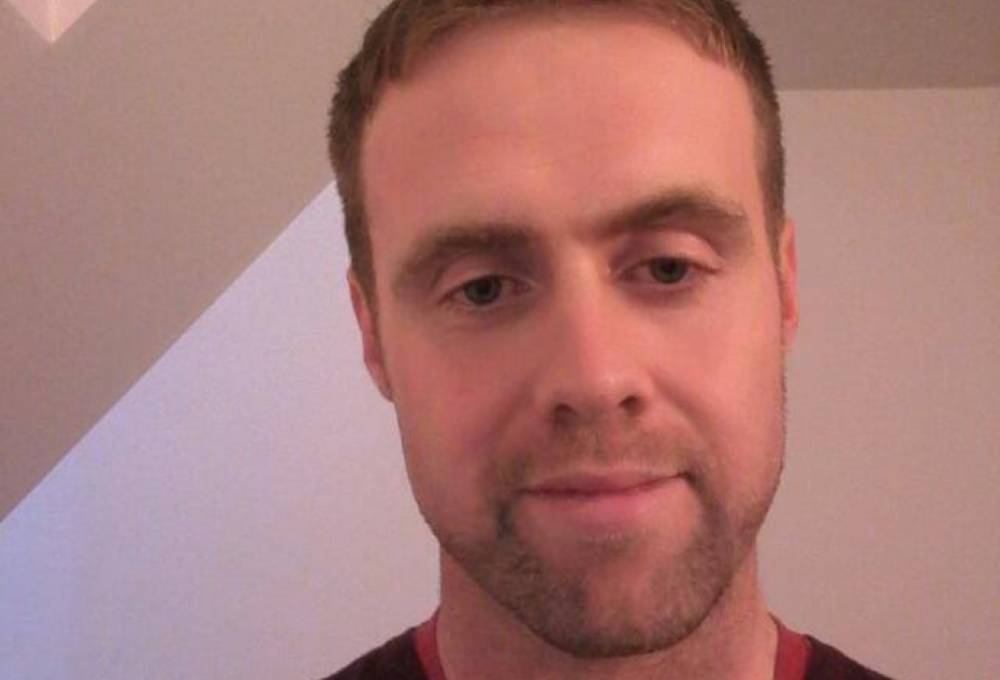Dr Brian Rooney
Contact
- Email: b.rooney@kingston.ac.uk
- Location: Penrhyn Road
- Faculty: Faculty of Health, Science, Social Care and Education
- School: School of Life Sciences, Pharmacy and Chemistry
- Department: Department of Applied and Human Sciences

About
I am currently Course Director, Principal Investigator and Associate Professor in Forensic Science at Kingston University. My research and teaching interest are in toxicology, analytical method development, drug confirmations, molecular biology and pharmacology. Prior to joining Kingston University I also worked as a forensic toxicologist in the road traffic toxicology laboratory of the Medical Bureau of Road Safety. In 2013 I joined the forensic toxicology team at LGC Forensics Teddington, where I specialised in casework analysis and LC-MS method development and validation before transferring to reporting officer expert witness team. I am a certified expert witness and I regularly attend magistrate and crown court to give expert toxicological evidence. I am currently the principal analyst of the forensic toxicology B-sample testing laboratory at Kingston Analytical Services Toxicology (KAST). I am also responsible for overseeing all laboratory analysis of casework samples and the composition of expert reports.
In addition to my academic and casework duties I am also the principal investigator for two research laboratories in the field of molecular biology and analytical chemistry. These laboratories focus on elucidating the effects of cannabis and cocaine on the pathogenesis of fibrosis and the development of novel analytical techniques to detect drugs of abuse in biological matrices. In addition to my research interests at Kingston University, I also regularly collaborate with forensic practitioners throughout the UK, Ireland and New Zealand.
Academic responsibilities
Principal Investigator, Course Director and Associate Professor in Forensic Science
Qualifications
- BSc Pharmacology, University College of Dublin
- PhD in Molecular Biology and Biotechnology, University College of Dublin
- Fellowship of the Higher Education Academy
- Bond Solon Expert Witness
Social media